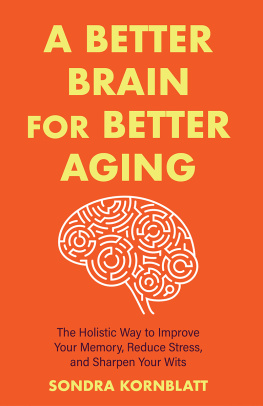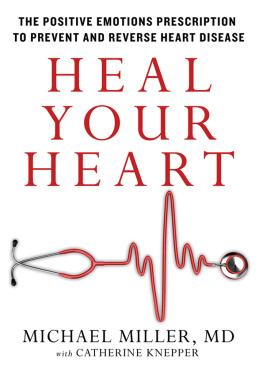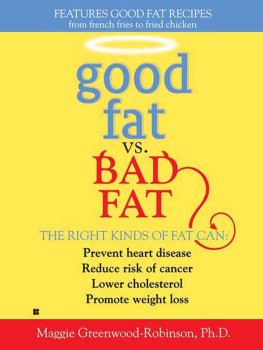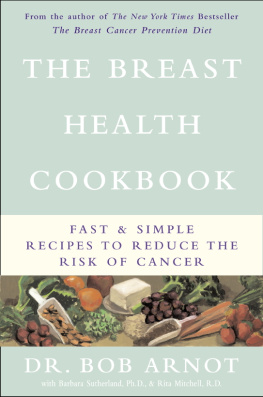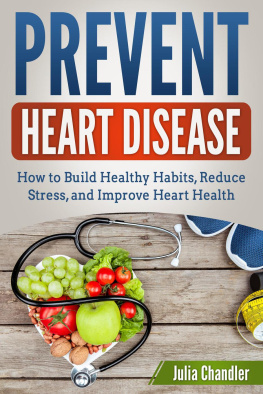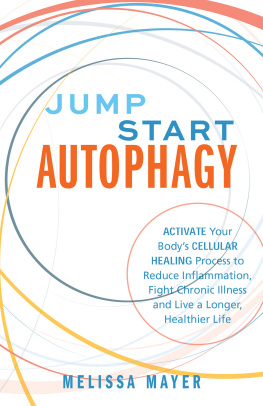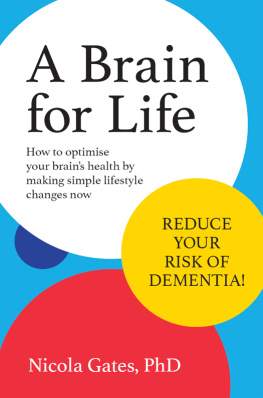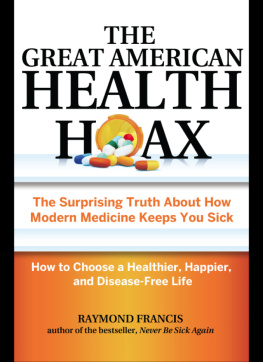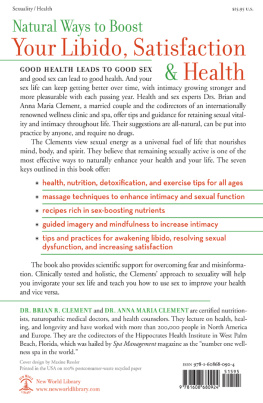
What are your secrets to 360 wellness, including brain health?
There has been a recent study of people who maintain their mental sharpness beyond the age of 70. There are five important factors involved here.
- First and most important, be open to change. People who become very rigid in their thinking and behaviour as they age often lose their thinking prowess. The great thinker of last century, Edward De Bono, often spoke about thinking being like water running down a hill. After a while, the water will create an ingrained track and never deviate from that course. He uses this analogy when talking about thinking, saying that we should be thinking outside the square and thinking differently.
- In addition to the above, extend your brain by learning new skills as you age. Learning a musical instrument or a new language over the age of 50 has been shown to create extra neurons in the brain. Interestingly, when Einstein died and they examined his brain, it was no larger than anyone elses but it had more rich connections due to the fact that he continually tried to extend his thinking processes. Its the basic use it or lose it principle.
- Maintain your profession, or at least your professional interest, beyond the age of 70. Many people retire early and stop using their brain and see a serious decline in their mental function.
- Surround yourself with bright and optimistic people.
- Be bright and optimistic yourself.
What are the top three threats to our health and whats the solution?
Diabesity the combination of diabetes and obesity. The underlying factors involved with a generation of obesity are the insulin-resistance gene, which is a survival advantage if you are a hunter-gatherer but a survival disadvantage if you live in this society. When you expose a person with the insulin-resistance gene to modern living, they develop metabolic syndrome a tendency to diabetes, high blood pressure, cholesterol abnormalities, fat around the belly and cardiovascular disease. This is indeed the scourge of modern society.
Cancer. In the 1920s the rates of death from cancer were 3 per cent. Cancers are now to the point where they are almost overtaking cardiovascular disease worldwide. I believe the reason for this is the increasing exposure to synthetic chemicals and electromagnetic radiation. For example, air pollution is now the fourth most common cause of death in China and the more densely populated any community becomes, the more waste products are released into the environment.
The evolution of the viruses that are circulating around the world.
We are well aware of the HIV epidemic but another concerning feature is the rise of a variety of influenza viruses, such as swine flu and bird flu, and the potential for these to combine with human influenza and to be not only very lethal but also extremely contagious. We are well aware of the Spanish flu epidemic that occurred soon after World War I, killing 50 million people. There is the potential for an influenza virus at some stage in the next couple of decades to have a similar effect. The major difference is there are now over 7 billion people on the planet and many of them may be killed by this epidemic.
In the 1920s the rates of death from cancer were 3 per cent. Cancers are now to the point where they are almost overtaking cardiovascular disease worldwide.
Which health trends are destined to succeed?
Genetic screening . Once the screening of the human genome becomes inexpensive and very targeted, it would be my vision that around age 30 that everyone has their genome screened. There has been some talk about screening children at birth, but do you really want to know that your bouncing newborn baby has an 80 per cent chance of prostate cancer or a 90 per cent chance of cardiovascular disease or breast cancer?
Regenerative medicine. Although stem cell therapy is in its infancy, we will be able to regrow damaged organs and following on from this will be gene manipulation. Again, as yet, there have only been a handful of diseases where gene therapy has been successful, but as we become more sophisticated in these areas, this should be standard therapy.
Nanotechnology the manipulation of matter at the atomic and molecular level both for diagnostics and treatment.
Bioprosthesis. Recently a hand was developed that also had a degree of sensation. As technology becomes more sophisticated, the ability to create a very functional mechanical limb or organ such as a heart or a pancreas beyond our current level should be the standard therapy.
Whole life prevention. We will have sophisticated, simple monitoring techniques to determine our health status from day to day, which will link into smart technology and even be sent back through to our medical practitioners for monitoring of our conditions. Also, a better education program for our children (which is really happening in many ways now) to teach them about the benefits of healthy lifestyles so that they move into adulthood with a much healthier attitude than currently exists with many younger people.
What tests do we need to take right now?
A basic screen with your GP around age 30: simple tests such as blood pressure, cholesterol and blood sugar with an assessment of your weight, waist circumference and, for females, a gynaecologic check on a regular basis. By age 40, these tests should be repeated. But the major time for the full assessment as far as I am concerned is age 50, unless you have a very strong family history of premature heart disease or cancer.
All men aged 50 and women aged 60 should have a coronary calcium score (CAC), which involves a snapshot of your arteries in the heart using a CT scanner; an arterial stiffness measurement; and possibly a stress echocardiogram. An important part of this assessment should be appropriate blood tests looking at the full lipid (blood fat) profile, blood sugar level and an hs-CRP, (High Sensitivity C-Reactive Protein) which is a general test for inflammation, a rather under-diagnosed condition known as elevated lipoprotein and homocysteine levels.
At age 50, it is important to consider cancer screening. All females require mammography and a gynaecologic check; males should have a digital rectal examination looking for prostate cancer; and anyone without a family history of bowel cancer should have a colonoscopy at age 50.
For women at 50 and men at 60, a DEXA, or bone density, screening for osteoporosis is important as well.
Will we age like our parents?
I believe that genes contribute around 30 per cent to disease. There is a wonderful saying that your genes load the gun but your environment pulls the trigger. But theres a new wave of thinking around the concept of epigenetics. Genes are not fixed structures that will always cause disease unless you have a very serious single-gene disease such as Down syndrome or Huntingtons disease. On the whole, genes interact significantly with the environment. To give a very obvious example, you may have the gene for lung cancer, which is only modestly prominent in your genetic makeup, but if you smoke, this will bring the gene out and make it very active. Thus the importance of early screening for any manifestations of a disease. When human genome analysis becomes cheaper and more sophisticated in the relatively new future, we can use this information as well.
Which health and nutrition myths would you like to see debunked?
That you can get all the nutrients you need from a well-balanced diet.



